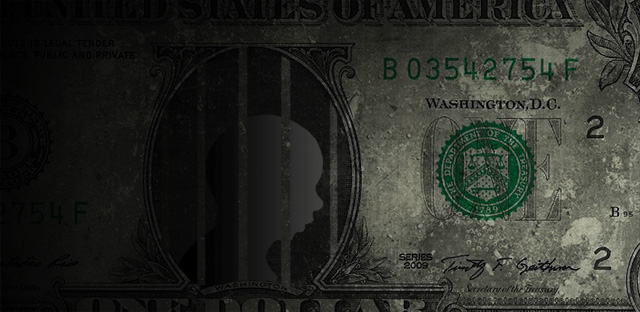If one important measure of a democracy is how a society treats its children, especially poor youth of color, there can be little doubt that American society is failing. As the United States increasingly models its schools after prisons and subjects children to a criminal legal system marked by severe class and racial inequities, it becomes clear that such children are no longer viewed as a social investment but as suspects. Under a neoliberal regime in which some children are treated as criminals and increasingly deprived of decent health care, education, food and housing, it has become clear that the United States has both failed its children and democracy itself.
Not only is the United States the only nation in the world that sentences children to life in prison without parole, the criminal legal system often functions so as to make it more difficult for young people to escape the reach of a punishing and racist legal system. For instance, according to a recent report published by the Juvenile Law Center, there are close to a million children who appear in juvenile court each year subject to a legal system rife with racial disparities and injustices. This is made clear by Jessica Feierman, associate director of the Juvenile Law Center in her report “Debtors’ Prison for Kids? The High Cost of Fines and Fees in the Juvenile Justice System.” In an interview with the Arkansas Times, Feierman said:
Racial disparities pervade our juvenile justice system. Our research suggests that we can reduce those disparities through legislative action aimed at costs, fines, fees, and restitution … In every state, youth and families can be required to pay juvenile court costs, fees, fines, or restitution. The costs for court related services, including probation, a “free appointed attorney,” mental health evaluations, the costs of incarceration, treatment, or restitution payments, can push poor children deeper into the system and families deeper into debt. Youth who can’t afford to pay for their freedom often face serious consequences, including incarceration, extended probation, or denial of treatment — they are unfairly penalized for being poor. Many families either go into debt trying to pay these costs or forego basic necessities like groceries to keep up with payments.

